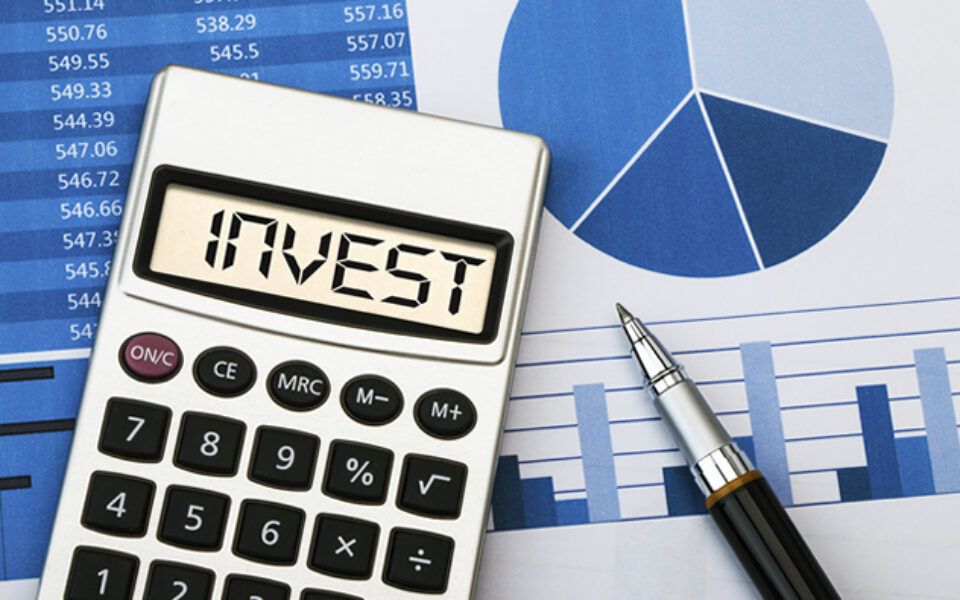Preventing Emotional Investing Decisions
By Jason Kirsch, Financial Advisor, Marcum Financial Services LLC

A slim text from ancient China called The Art of War has long been used in military curriculum. But when Michael Douglas’s character Gordon Gekko quoted the book in the movie Wall Street (“every battle is won before it is ever fought”), sales soared and businessmen across the world began quoting a Chinese general who lived over 2,500 years ago.
Many would say that investing is its own kind of war, and that there is an art to that war. While investing is a battle against other investors and statistics, it is first a battle against ourselves.
We tend to think of ourselves as logical and rational beings, but our decisions are sometimes driven by emotions and instinct. John Maynard Keynes, a famed early 20th century economist, who was well aware of this phenomenon, wrote about the “spontaneous optimism” driving markets in good times or the durable pessimism that drove it in bad times. (He called these emotions “animal spirits.”) His observations fueled further research into how our everyday financial decisions are distorted by emotions and bias.
Recently, the field of behavioral economics began gaining popularity. This form of economics is sometimes simplified as exposing the emotions of individual investors and the market as a whole. One of the most substantial findings is from Daniel Kahneman, who identified two styles of thought. (He published his theory in the best-selling book Thinking Fast and Slow). The first works quickly and intuitively and is easily swayed by emotion. The second is deliberate, methodical, and logical, but slow. Neither is better, and we need both of them.
Each day our brains process large amounts of information. We don’t have enough energy to work through it consciously and methodically. Instead, our brain takes shortcuts, which are vulnerable to what psychologists call “cognitive bias.” Kahneman and his research partner, alone, have identified over 55 cognitive biases.
Staying Smart in an Emotional Market
It’s important to understand potential complications that can arise from emotional decisions and cognitive bias and then try your best to avoid them. Here are some tips:
- Be A Healthy Skeptic.
A big part of being a healthy skeptic is being selective, and a bit suspicious about stock tips and the media you consume. Financial media coverage appeals to two primary emotions: greed and fear. Learn to identify and stay away from financial news outlets when investors seem emotional. - Don’t Trust Forecasters.
An essential part of skepticism is a distrust of those who “predict” where the market or economy will be in the future. They tend to be either uninhibited optimists or doom-and-gloom pessimists. Whether they’re peddling hope or fear, stay away from them. As famous economist John Kenneth Galbraith said: “We have two classes of forecasters: Those who don’t know – and those who don’t know they don’t know.”
Instead, pay more attention to investors with a successful track record like Howard Marks, Warren Buffet and Nassim Nicholas Taleb. These guys have been around the block long enough to know the difficulty of predicting consistently and correctly. They often advise other investors to prepare, rather than predict. - Know What You Don’t Know.
A central insight of behavioral economics is our tendency to see cause and effect where there is none, to think we know more than we actually know. Guarding against this is crucial. Understand that uncertainty is constantly present. Be on watch of your own misconceptions and constantly look to correct them. - Avoid Impulsive Decisions.
Often the most important decisions an investor makes occurs when the market is at an extreme: in the midst of a bubble or panic. It is at those extremes when an investor is mostly likely to make a rash decision driven by emotion or cognitive bias.
Overtrading is a common pitfall for both individual and professional investors. The more we turn over our portfolio, the more we expose ourselves to errors of judgment. UCLA Professor Terry Odeon found that the most active traders generally had the poorest results. - Stick To Process.
This might be the most important rule of the bunch. A clearly defined process, governed by simple rules and principles, is a good way to guard against impulsive decisions. It’s always best to figure out your short-term, mid-term, and long-term goals and then to determine a set of sound principles for meeting those goals. Most important, stick with those principles. This doesn’t mean you don’t adapt and occasionally change your strategy but it does mean you stop trying to constantly tinker your portfolio.
In the end, as Ben Graham wrote decades ago, “investing isn’t about beating others at their game. It’s about controlling yourself at your game.”

















